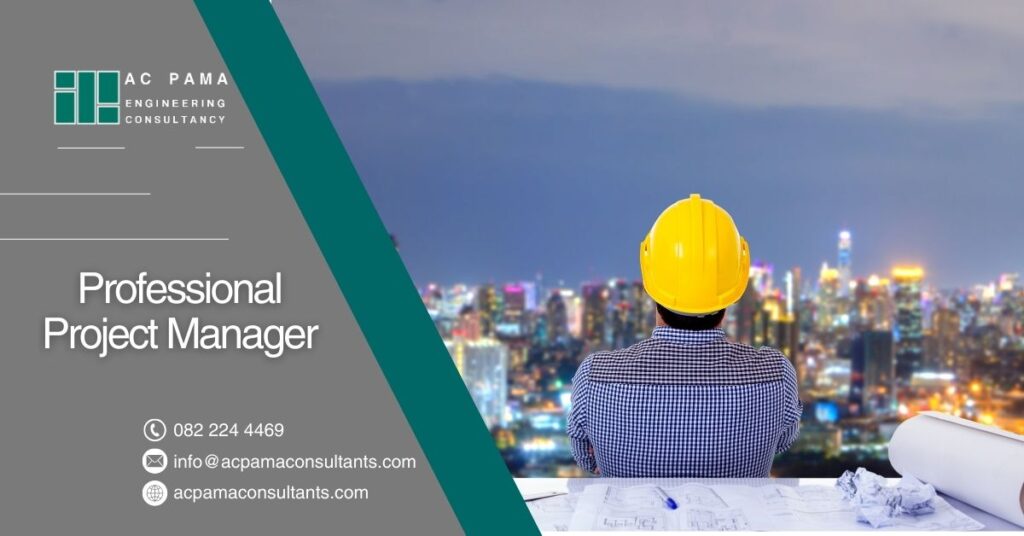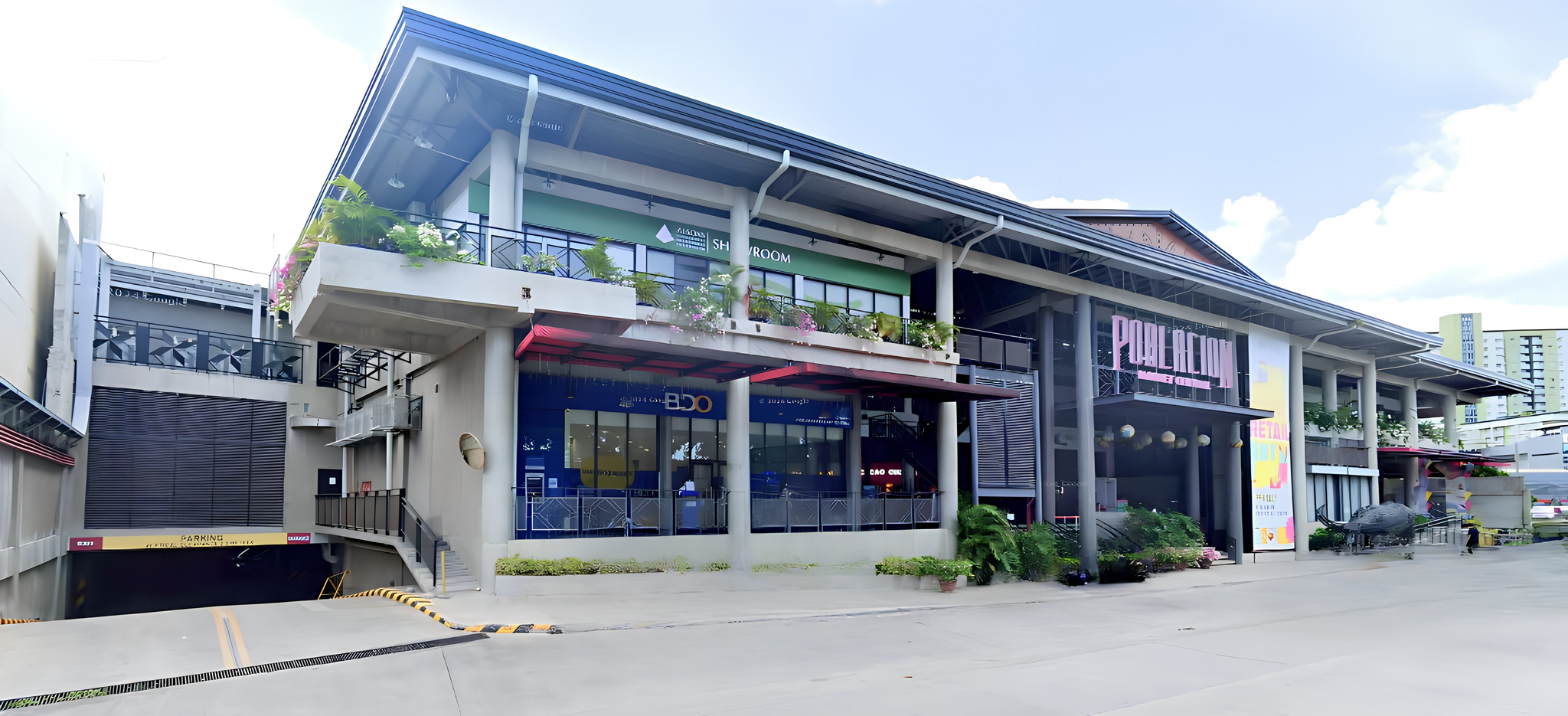Managing a construction project, whether a residential home, commercial building, or large infrastructure, is a complex task. Without the right leadership and expertise, projects can face costly delays, budget overruns, and quality issues. This is where a professional project manager plays a crucial role.
A project manager ensures smooth execution from planning to completion by handling schedules, coordinating teams, managing resources, and maintaining quality control. If you’re planning your next build, hiring a professional project manager is not just an option—it’s a necessity.
Expertise in Coordinating Teams and Contractors
One of the biggest challenges in any construction project is managing the multiple teams involved. A project manager acts as the central point of contact, ensuring seamless collaboration among architects, engineers, contractors, suppliers, and regulatory bodies.
Efficient Communication and Workflow
Construction projects involve multiple stakeholders, each with their own responsibilities and timelines. Miscommunication or lack of coordination can lead to delays and conflicts. A professional project manager ensures clear communication between all parties, minimizing misunderstandings and keeping the project on track.
A well-organized workflow is essential for efficiency. Project managers use advanced project management tools and scheduling software to track tasks, monitor progress, and ensure that every team member is aligned with the project’s goals.
Scheduling and Time Management
Delays in construction can lead to increased costs and frustration. A skilled project manager creates a realistic timeline, identifies potential bottlenecks, and proactively resolves scheduling conflicts. This ensures that each phase of the project progresses as planned, preventing costly disruptions.
Additionally, unexpected events such as weather delays, material shortages, or labor issues can occur. A project manager has contingency plans in place to handle these challenges and minimize their impact.
Budget Control and Cost Efficiency
One of the most critical aspects of construction management is staying within budget. A project manager monitors expenditures, negotiates with suppliers and contractors, and ensures that resources are used efficiently. This reduces unexpected costs and helps prevent financial overruns.
Cost overruns often happen due to miscalculations, last-minute changes, or underestimating labor and material expenses. With effective cost control measures, project managers ensure that funds are allocated correctly and that expenses are tracked throughout the project.
The Role of Project Management in Quality Assurance
A well-built structure is not just about completing a project on time and within budget—it must also meet high-quality standards. Poor workmanship, substandard materials, or lack of proper supervision can lead to structural weaknesses and future maintenance issues. A project manager ensures that quality remains a top priority.
Compliance with Standards and Regulations
Every construction project must adhere to local building codes, safety regulations, and industry standards. A professional project manager ensures compliance with these requirements, preventing legal issues and ensuring the long-term safety and durability of the structure.
Ignoring regulations can lead to penalties, lawsuits, or even project shutdowns. By keeping up with government regulations and engineering best practices, a project manager helps avoid unnecessary risks.
Material and Workmanship Supervision
Choosing the right materials and ensuring proper installation are crucial to the success of any build. A project manager inspects materials, monitors construction methods, and ensures that contractors deliver quality workmanship. This helps prevent structural defects and the need for costly repairs in the future.
For example, using low-quality concrete in structural elements can lead to cracks and weakness over time. A project manager ensures that only approved, high-quality materials are used and that construction follows industry standards for durability and strength.
Risk Management and Problem-Solving
Construction projects often encounter unexpected challenges, such as weather delays, supply chain disruptions, or design modifications. A project manager is skilled in risk assessment and problem-solving, allowing them to address issues quickly and effectively, minimizing impact on the project timeline.
By anticipating potential risks before they become major issues, project managers ensure that projects run smoothly. This includes conducting regular risk assessments, preparing alternative solutions, and implementing proactive measures.
Trust AC Pama Engineering Consultancy for Professional Project Management
When it comes to successful construction projects, professional project management is key. At AC Pama Engineering Consultancy in Davao City, we provide expert project management services to ensure your build is completed on time, within budget, and to the highest quality standards.
Our experienced team is committed to delivering excellence in construction project management and structural engineering. Whether you’re planning a residential, commercial, or infrastructure project, trust us to handle the complexities while you focus on your vision.
Contact AC Pama Engineering Consultancy today, and let us help you turn your next construction project into a success!



